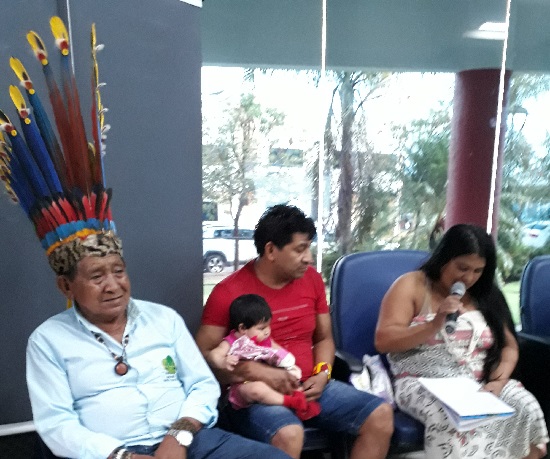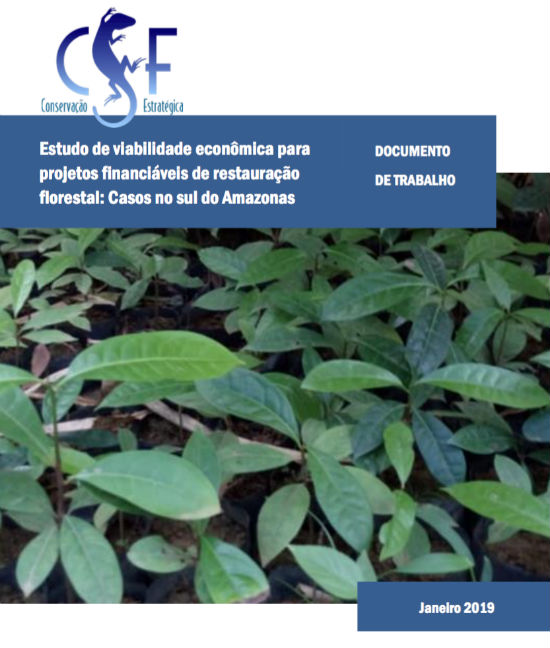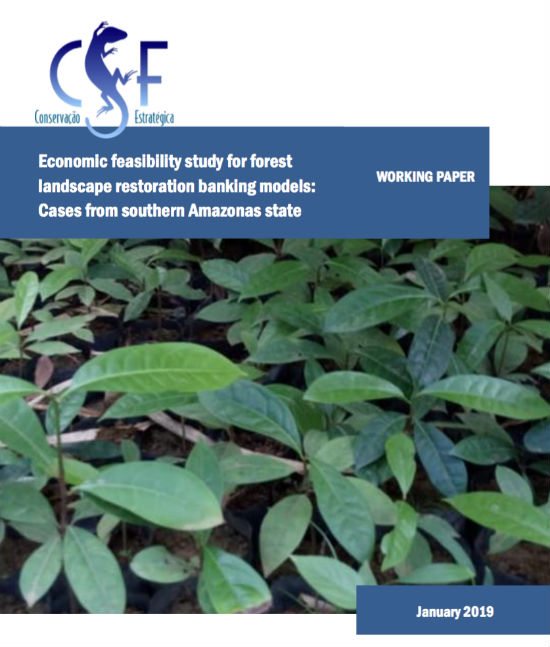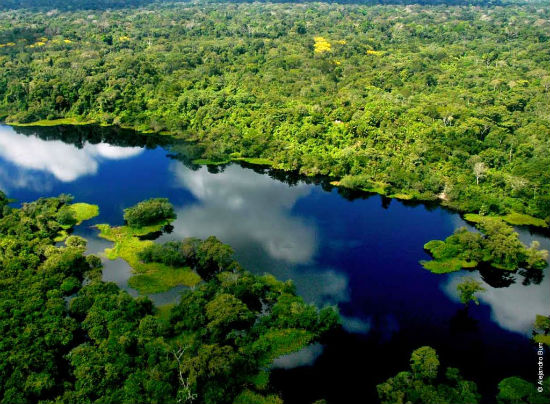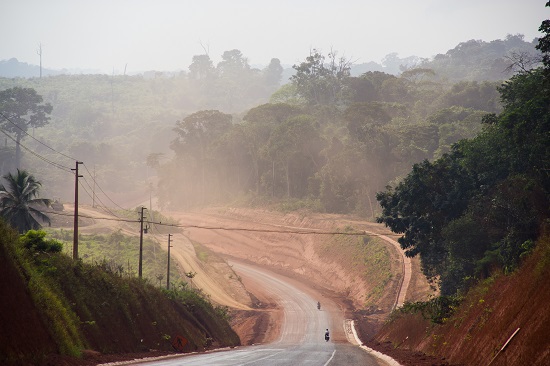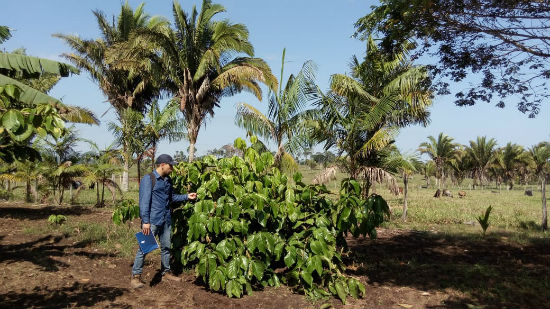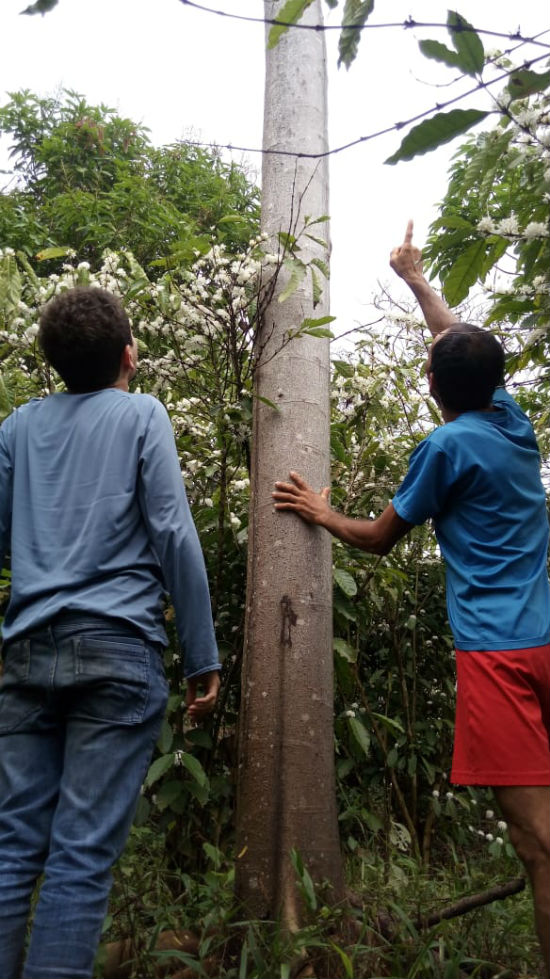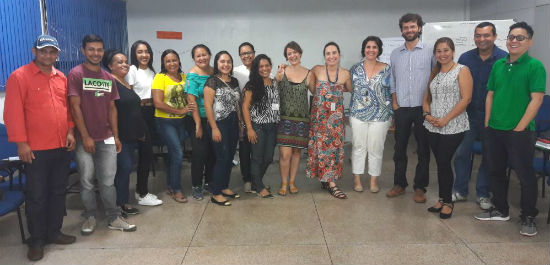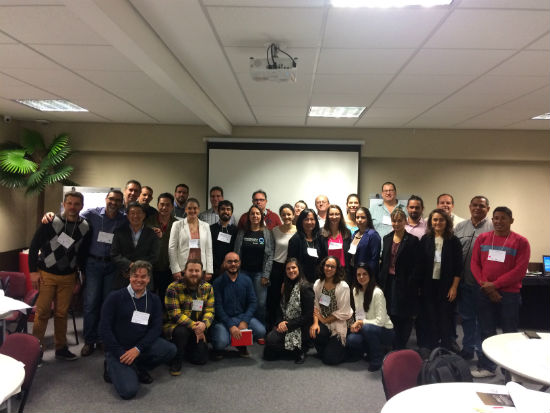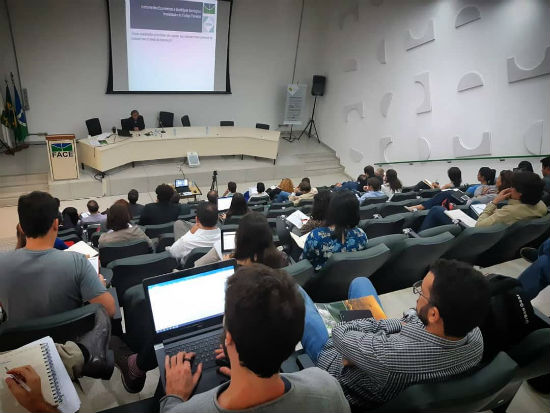News
Workshop Participants. Photo credit: CSF CSF-Brazil has released our study "Strengthening Tourism in Indigenous Lands: Analysis of Tourism Supply and Demand in the Juruena River Basin, Mato Grosso state", conducted in partnership with Native Amazon Operation (OPAN). The study analyzed the demand and supply of tourism in Mato Grosso state (MT) state to support the development of sustainable tourism in Indigenous Lands (ILs) of the Juruena river basin.
CSF-Brazil conducted a feasibility study of the most promising restoration business models for private investment in southern Amazon (AM) state, Brazil.
We conducted an economic assessment of three restoration models based on agroforestry found in the field: (1) Guaraná; (2) Coffee, cocoa and guaraná; (3) Coffee, cocoa, guaraná, açaí and banana. Feasibility results show that private investors can be attracted by these compelling business cases.
CSF-Brazil conducted a feasibility study of the most promising restoration business models for private investment in southern Amazon (AM) state, Brazil.
We conducted an economic assessment of three restoration models based on agroforestry found in the field: (1) Guaraná; (2) Coffee, cocoa and guaraná; (3) Coffee, cocoa, guaraná, açaí and banana. Feasibility results show that private investors can be attracted by these compelling business cases.
Photo credit: Alejandro Burr.
Road in Brazil. Photo credit: Pedarilhos/Shutterstock.com.CSF has been working with the Moore Foundation, IPAM, and FCDS to identify the relative riskiness of planned roads in the Amazon basin in terms of economic, social and environmental costs. Our goal is to promote better infrastructure decision-making in Bolivia, Brazil, Colombia, Ecuador, and Peru by contributing reliable data to the national road planning process.
Understanding the forest restoration models used.
Understanding the forest restoration models used.
Participants of the Fazendinha APA’s ESs value chains workshop.
CSF-Brazil, in partnership with Native Amazon Operation (OPAN), has completed an analysis of the stock management and sales of the pirarucu fish in protected areas (PAs) in Amazonas state (AM), Brazil."Diagnosis of the Management of Pirarucu in Protected Areas of the Amazon" seminar participants. Photo credit: OPAN and CSF.
On August 7th, 2018, CSF-Brazil, the Forest Code Observatory (OCF) and the Brazilian Biodiversity Fund (Funbio) facilitated a "Dialogue on economic instruments and ecological identity for the Forest Code implementation." Forty-five professionals, representing government, research institutions and rural producers, attended the event in Brasília. The dialogue provided a forum to discuss possible ways of implementing the provisions of the Forest Code (Law 12.651 / 2012), including economic incentives, Legal Reserves (LRs) compensation, and the ecological identity requirement for compensation - according to the ruling of the Supreme Court Federal Court (STF) in February 2018 - with a special focus on the Environmental Reserve Quotas (CRAs) market.

